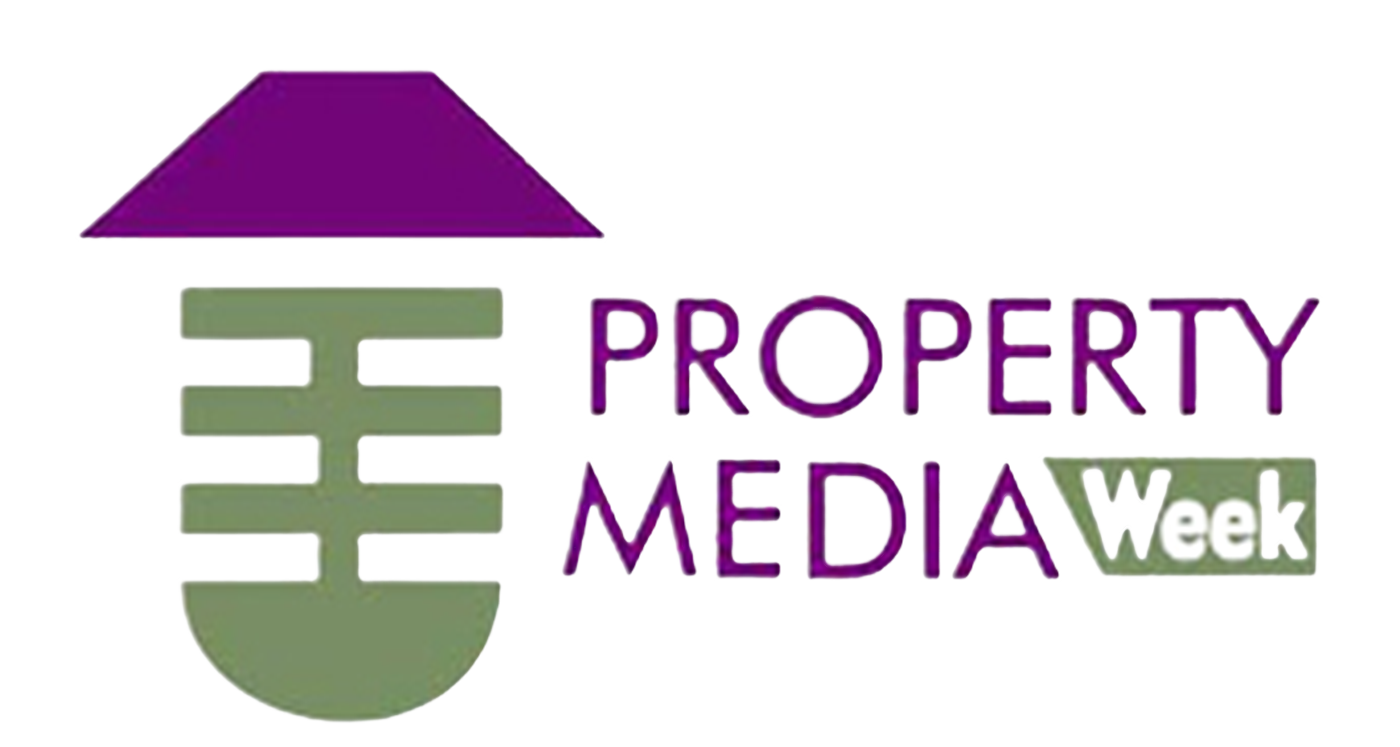The Federal Government’s removal of the 7% surcharge on building materials in Nigeria marks a significant policy shift in the country’s real estate landscape. This bold decision comes at a time when Nigeria faces a staggering 22 million housing deficit, making affordable housing a national priority.
According to industry experts, eliminating the 7% surcharge on building materials in Nigeria will immediately reduce construction costs, giving developers room to lower home prices. This change is expected to encourage new projects and create better opportunities for both investors and aspiring homeowners.
This policy adjustment could have a direct impact on cities like Lagos, Abuja, and Port Harcourt, where housing demand remains high. More developers may now move ahead with stalled projects, and buyers may finally see price reductions that bring properties within reach. For deeper insights on Nigeria’s property trends, explore our analysis of the 22M housing deficit challenge.
While the surcharge removal is not a complete solution to Nigeria’s housing crisis, it is a meaningful step toward sustainable affordability. The key will be how quickly developers and suppliers reflect these savings in their pricing. As the market responds, early investors could benefit from increased construction activity and attractive new property listings.
For ongoing updates on housing policy and investment opportunities, visit our Real Estate Updates section and follow global housing insights from World Bank Housing Data.



